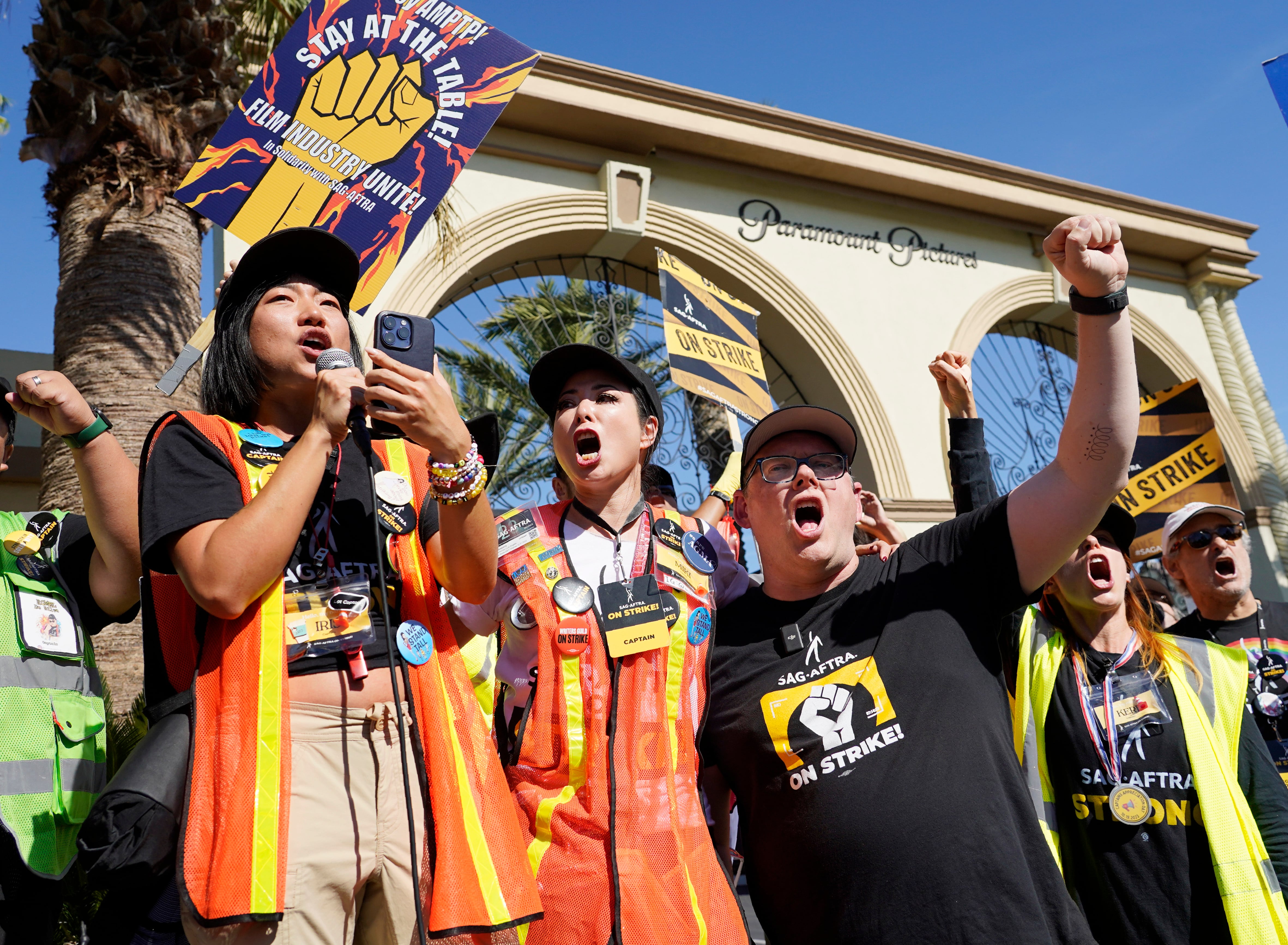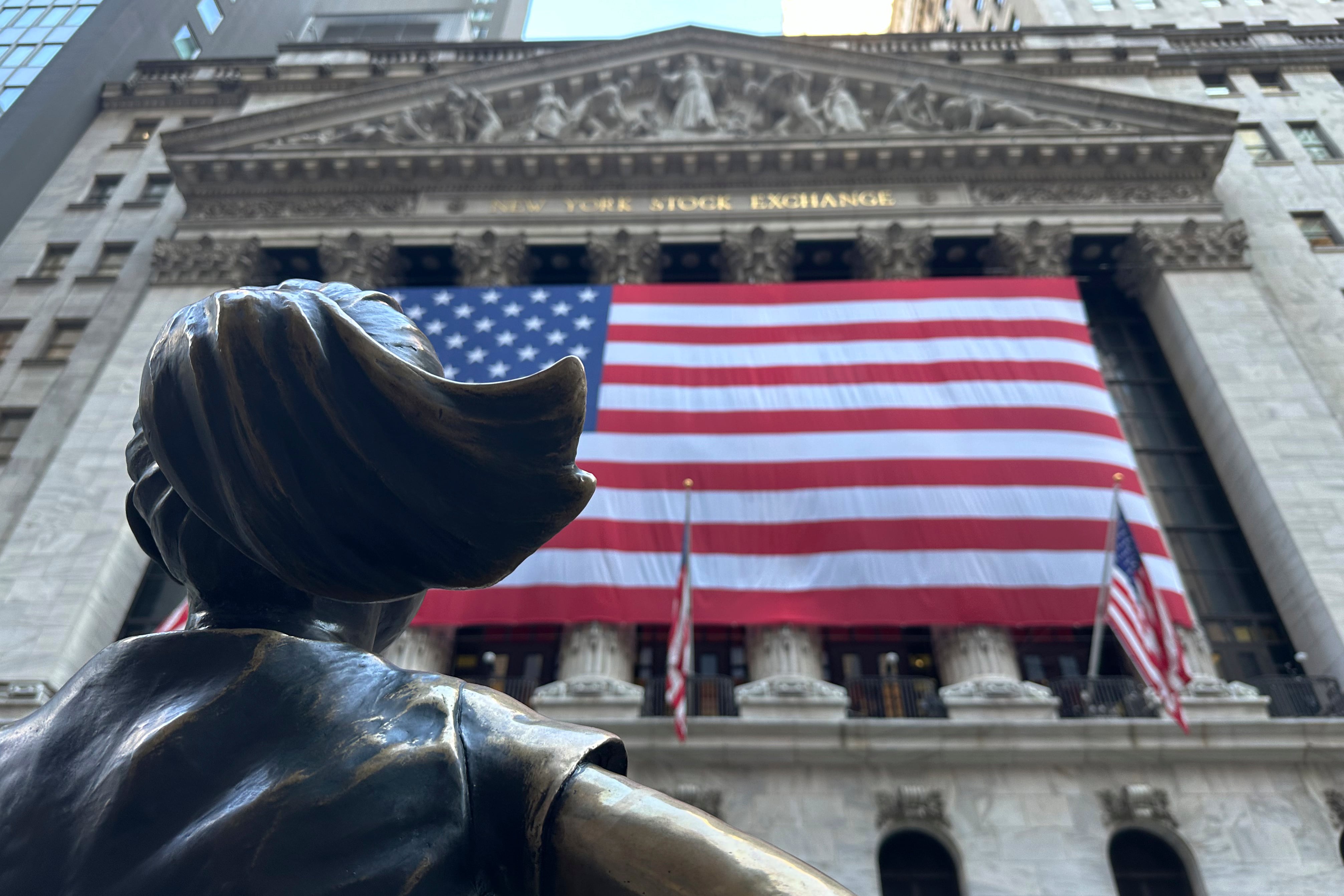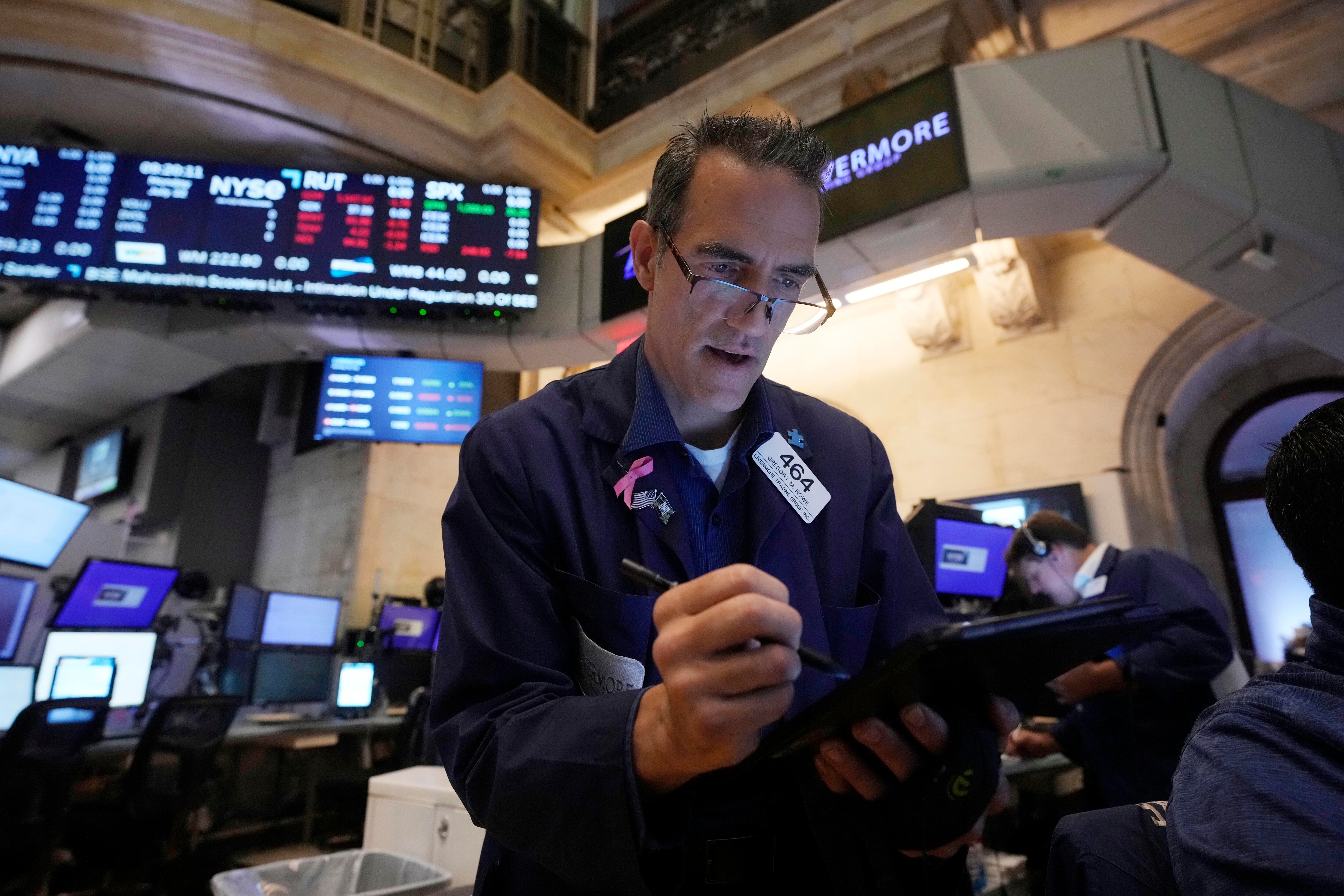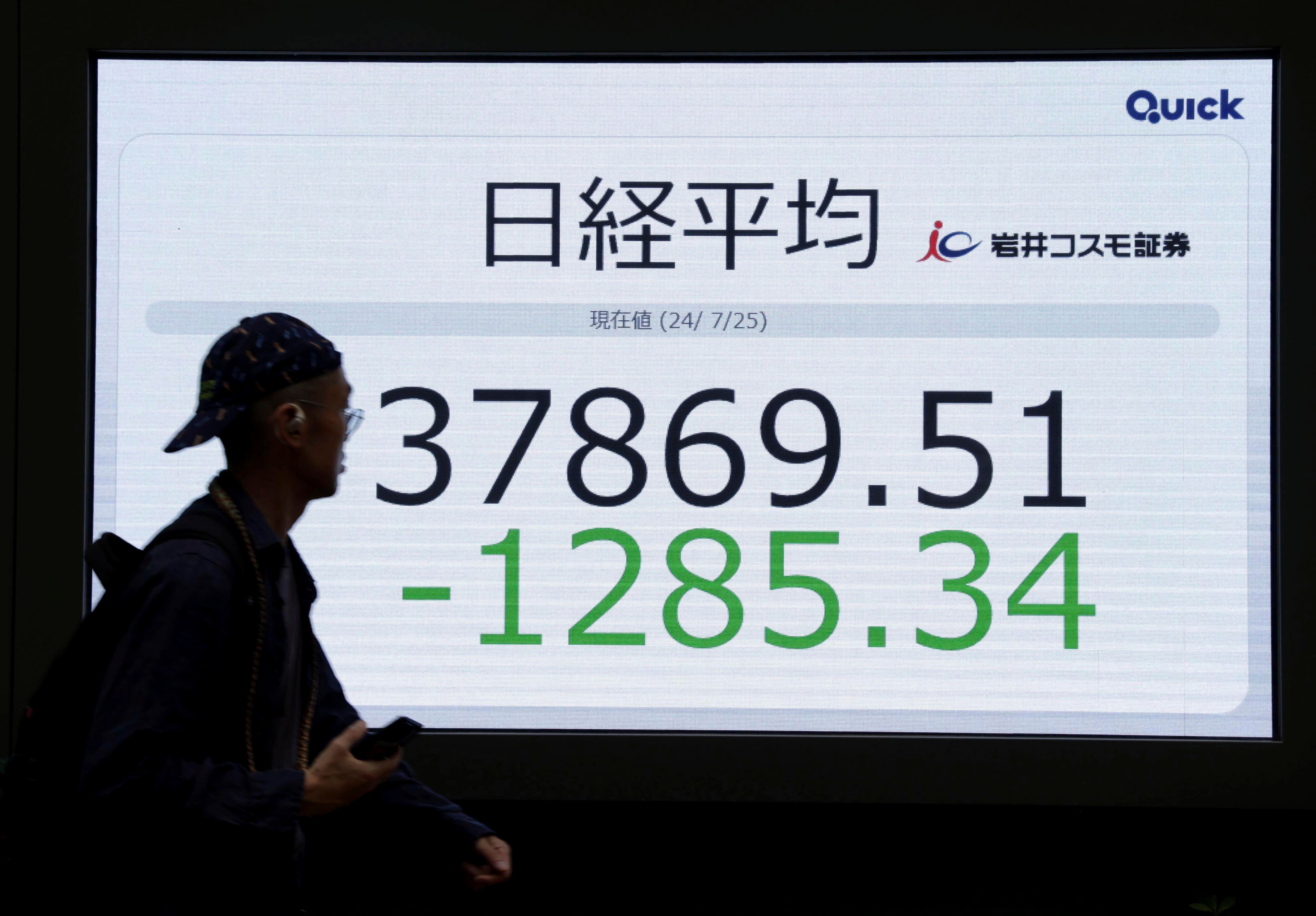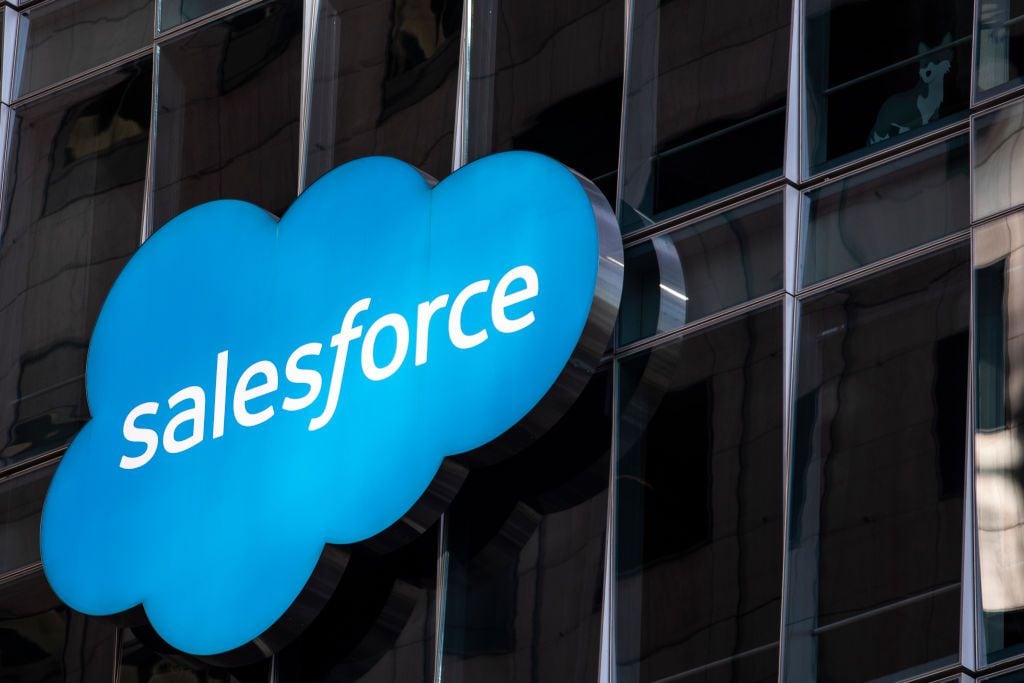Eleven of the biggest U.S. banks Thursday announced a $30 billion rescue package for First Republic Bank in an effort to prevent it from becoming the third to fail in less than a week and head off a broader banking crisis.
San Francisco-based First Republic serves a similar clientele as Silicon Valley Bank, which failed last week after depositors withdrew about $40 billion in a matter of hours. New York's Signature Bank was shuttered on Sunday. It appears that First Republic, which had deposits totaling $176.4 billion as of Dec. 31, was facing similar issues.
The group of banks behind the rescue package confirmed that other unnamed banks had seen large withdrawals of uninsured deposits. The Federal Deposit Insurance Corporation insures deposits up $250,000 for individual accounts.
Republic's shares dropped more than 60% Monday, even after the bank said it had secured additional funding from JPMorgan and the Federal Reserve.
The rescue package brought back memories of the 2008 financial crisis, when banks collectively came to the aid of weaker banks in the early days of the crisis. Banks then bought each other in hurried deals in order to keep the crisis from spreading further.
The $30 billion in uninsured deposits is seen as a vote of confidence in First Republic, whose banking franchise before the past week was often the envy of the industry. The bank catered to wealthy clients, many of them billionaires, and offered them generous financial terms. The Wall Street Journal reported that Facebook founder Mark Zuckerberg got a mortgage through First Republic.
First Republic shares had been down as much 36% earlier Thursday, but rallied after reports the rescue package was in the works. The stock closed up 10%.
As part of the aid package, JPMorgan Chase, Bank of America, Citigroup and Wells Fargo have agreed to each put $5 billion in uninsured deposits into First Republic. Morgan Stanley and Goldman Sachs will deposit $2.5 billion each into the bank. The remaining $5 billion would consist of $1 billion contributions from BNY Mellon, State Street, PNC Bank, Truist and US Bank.
“The actions of America's largest banks reflect their confidence in the country's banking system,” the banks said in a statement.
Notably the banks came to the rescue of one of their competitors, while Silicon Valley Bank failed because its closest and most loyal customers — venture capitalists and start ups — fled the bank at the first sign of trouble.
“We are deploying our financial strength and liquidity into the larger system, where it is needed the most,” the banks said.
The nation's banking regulators also issued a statement praising the rescue package.
“This show of support by a group of large banks is most welcome, and demonstrates the resilience of the banking system,” Treasury Secretary Janet Yellen, Acting Comptroller of the Currency Michael Hsu, Federal Reserve Chair Jerome Powell and FDIC Chairman Martin Gruenberg said in a joint statement.
The $30 billion bet on First Republic is seen as a bulwark against future bank runs. The shares of many midsized banks were hit hard this week as investors feared depositors would withdraw their cash and run to the nation's biggest banks.
Over the weekend the federal government, determined to restore public confidence in the banking system, moved to protect all the banks' deposits, even those that exceeded the FDIC’s $250,000 limit per individual account. While the banking crisis started with Silicon Valley Bank, regulators told reporters earlier this week that it became necessary for the government to backstop the banking system because it appeared more runs were possible.

